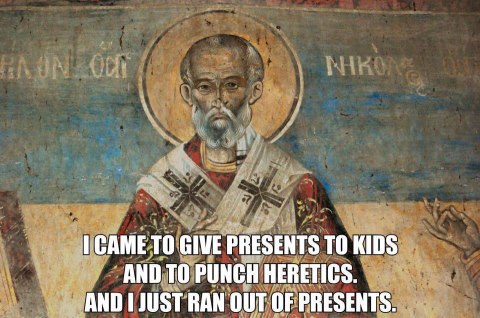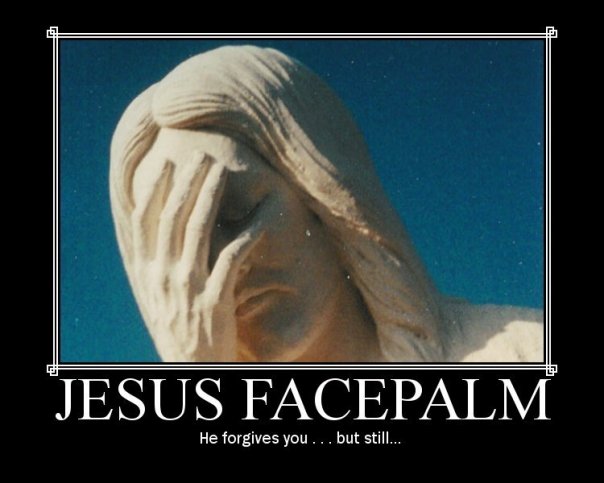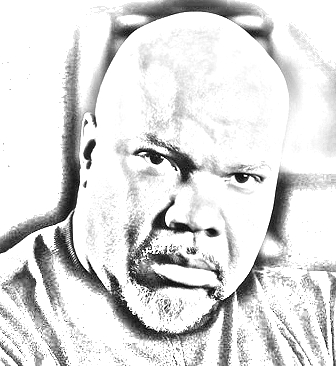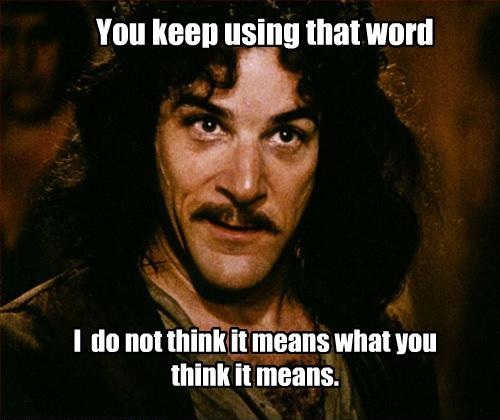 Eminent Bible scholar Dr. Craig Keener argues that yes, the man Jesus existed; Jesus is not an entirely fictional character.
Eminent Bible scholar Dr. Craig Keener argues that yes, the man Jesus existed; Jesus is not an entirely fictional character.
Big news, huh? 🙂
I’ve followed this issue from afar from a while, but just can’t get myself to take this point of view (that Jesus never existed) seriously. To anyone very much acquainted with the relevant sources, it is obvious that there was a Jesus – whatever you think about his miracles, his claims, his status as Son of God, etc.
It is so obvious that one of our more important critics of traditional Christianity and the Bible, textual scholar and historian Dr. Bart Ehrman, has recently penned a book refuting Jesus-never-existed claims. See this long interview with fellow scholar Dr. Ben Witherington here. (HT: triablogue)
And here is Ehrman on NPR. And The Huffington Post. And the Washington Post. And Religion Dispatches. (He gets a lot of press!)
Honestly, don’t spend too much time on this – it is at bottom a conspiracy theory. But credit to Ehrman and Keener; if one can muster the energy to take it seriously, it brings out the strength of the evidence for a historical Jesus.
It will be more interesting when he wades into more christological territory, into the matter of the historical Jesus’ self-understanding and public teaching about himself. In the Witherington interview linked above he saysRead More »Jesus: not an entirely fictional character






 Eminent Bible scholar
Eminent Bible scholar 
 Princeton philosopher
Princeton philosopher 












